Our changing climate and loss of bee friendly habitats are not good news for bees or the planet. Some species are already extinct, and many more are on the threatened list, but why are bees so important?
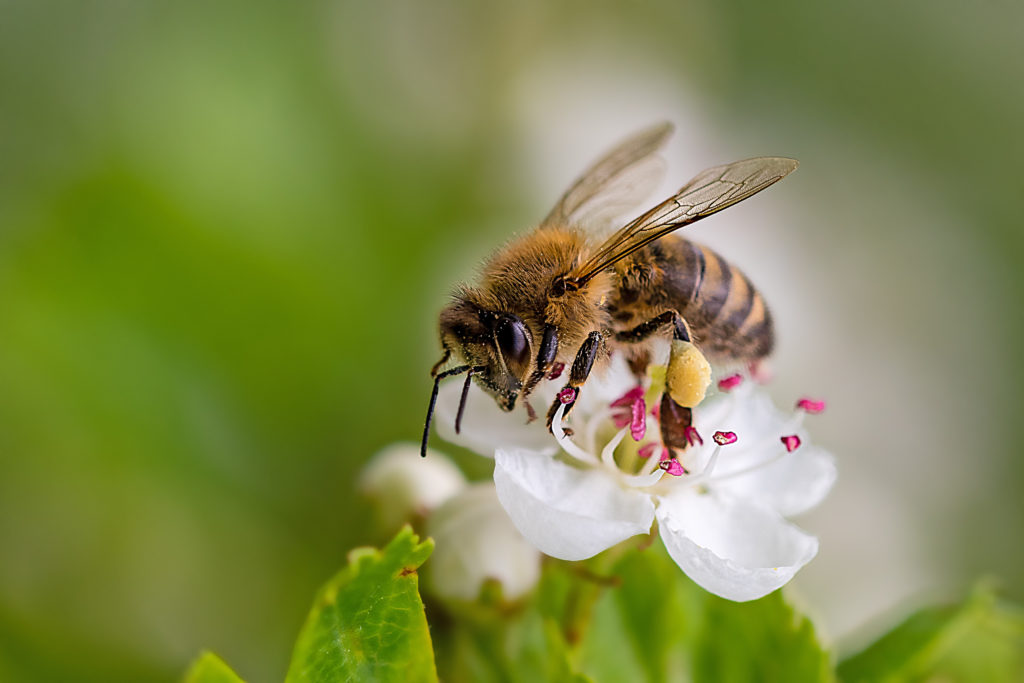
Why do we need bees?
Bees pollinate flowers
Bees pollinate 75-80% of food crops worldwide. Without bees to spread pollen between flowers, plants wouldn't be able to reproduce, and there would suddenly be a lot fewer plants in the world.
Without pollination, plants can't reproduce
Fewer plants mean less food, clothing and even medicines!
Plants are useful for lots of reasons
Plants also absorb carbon dioxide from the environment and produce oxygen ( by a process called photosynthesis ). Humans and animals need oxygen to breathe, and plants play a vital role in reducing carbon dioxide levels in the air.
Animals eat plants
Plants are an important food source for many animals, not just humans. If plant populations decline, the ripple effect will spread up the food chain.
What can we do to save bees?
Build a bug hotel
Building a bee or bug hotel will attract bees to your garden and give them a safe place to live.
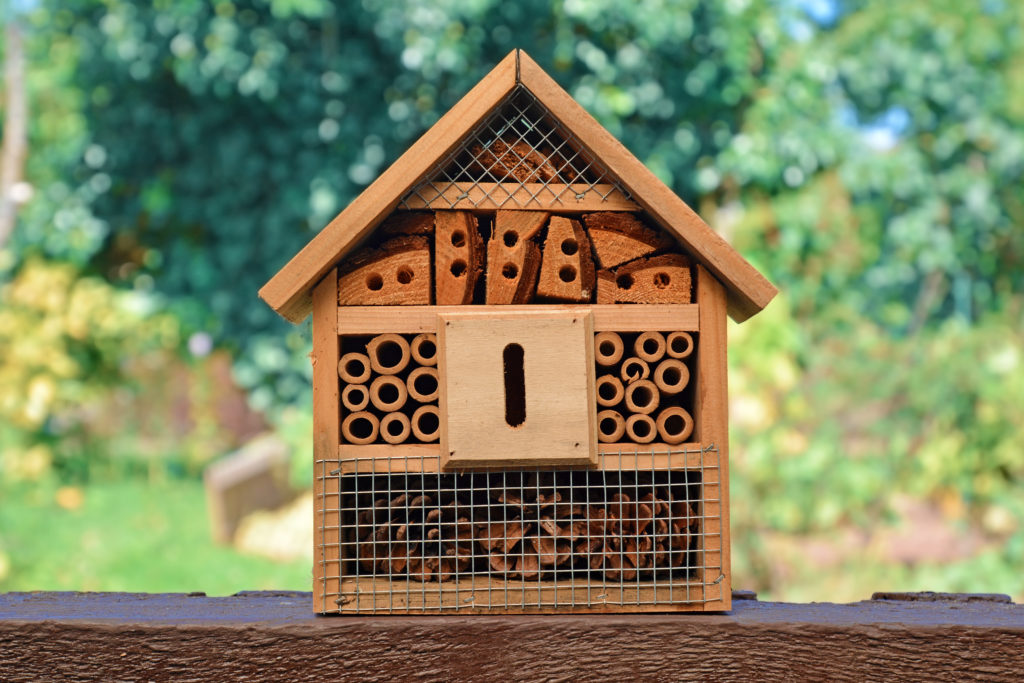
If you have a lot of space, this pallet bug hotel is amazing! Old pallets are ideal for constructing a large bug hotel. Carefully stack them on top of each other and fill them with natural materials that provide bugs with numerous hiding places. Remember to leave enough space for bugs to move around, but not so much that bigger animals like hedgehogs can get in.
Make sure to add a roof to keep the bugs dry, and if you want to make it extra welcoming to little critters, plant some insect-friendly wildflowers close by!
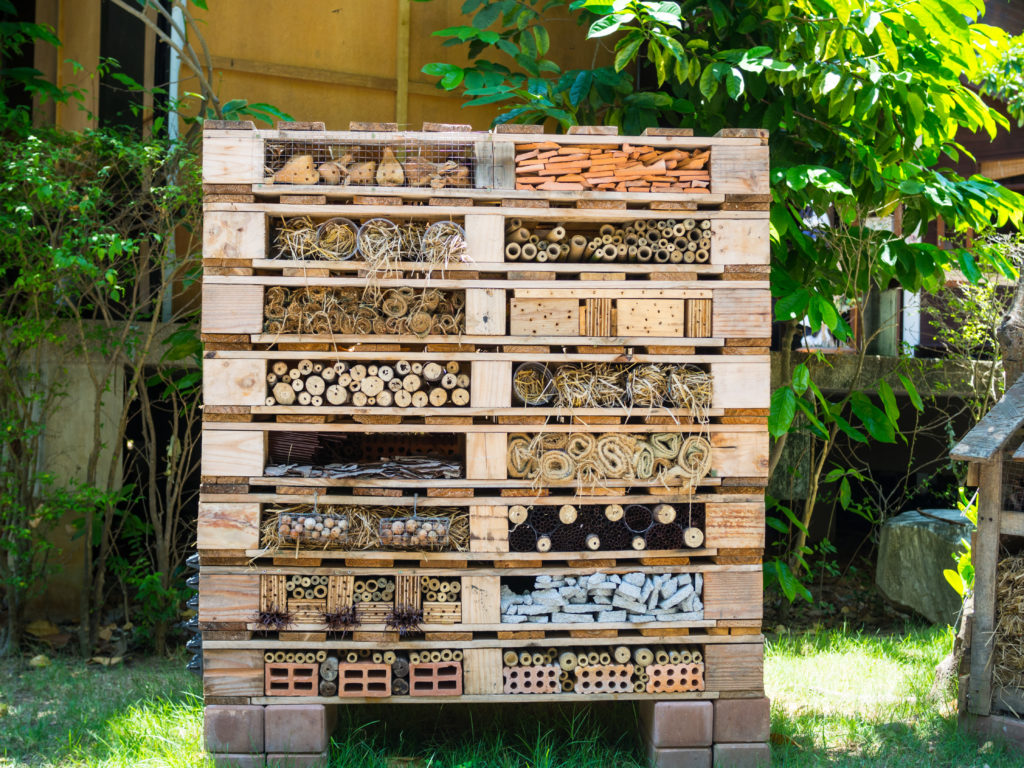
Be more natural
Reducing the number of chemicals you use in the garden is another easy way to help save the bee population. Search for natural solutions to pests rather than reaching for pesticides. The RSPB has some great natural ideas for getting rid of pests!
We've had some success with copper tape stopping slugs from reaching our plants.
Create a bee-friendly garden
Creating a bee-friendly garden is another way to help. Bees need a supply of nectar and pollen from early spring to late autumn, so planting lovely flowering plants is very helpful to the bee population. Bees also need water, so a shallow dish of water and some flat stones to land on are a good addition to a bee garden, too.
If you need more ideas, Friends of the Earth has lots of suggestions for how to be more bee-friendly.
Record your ideas for saving the bees on one of my FREE worksheets!
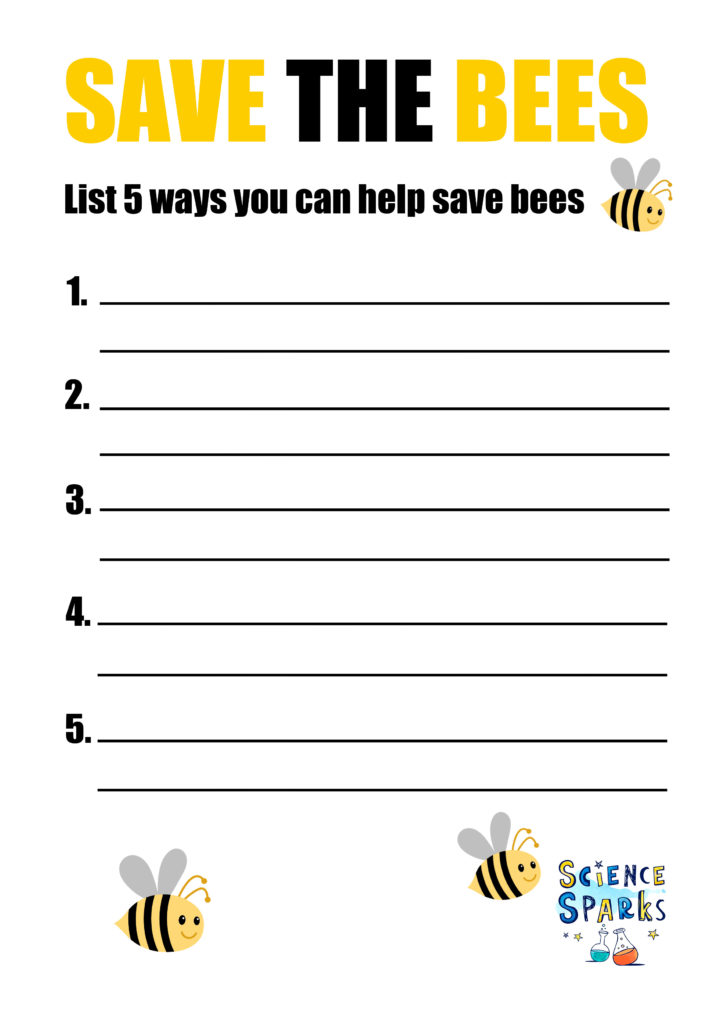
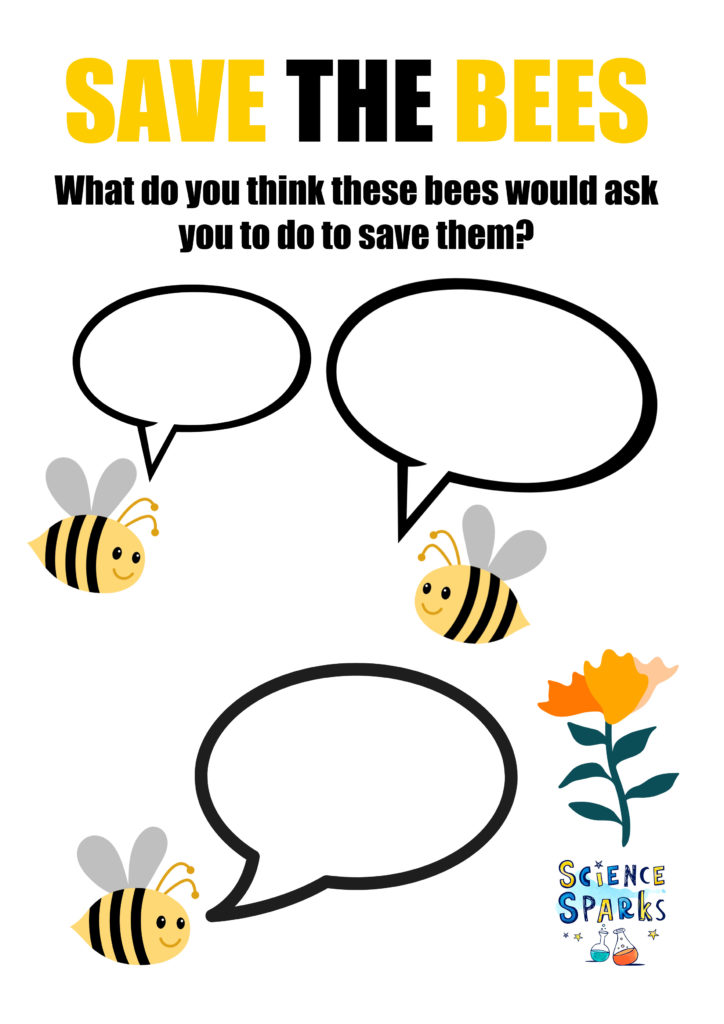
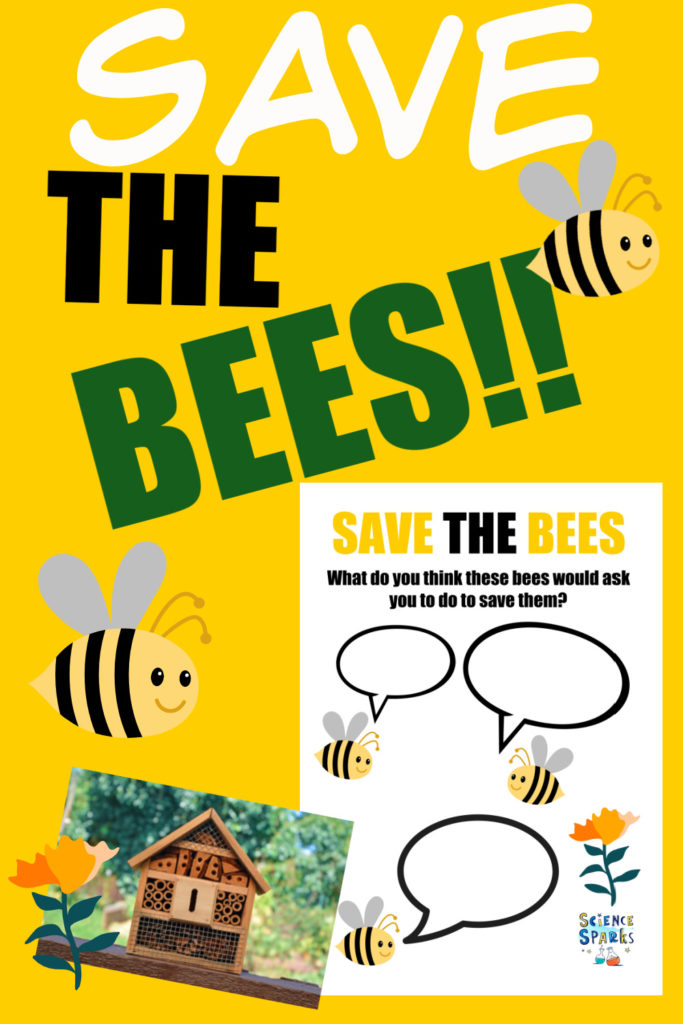
Last Updated on June 26, 2025 by Emma Vanstone
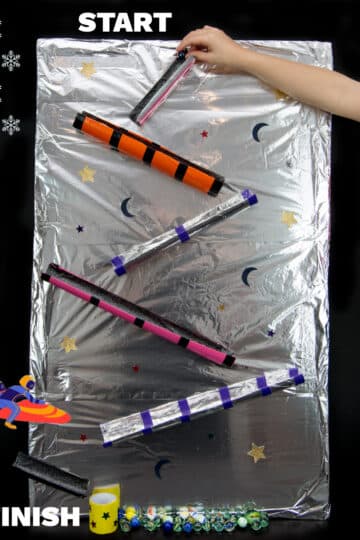
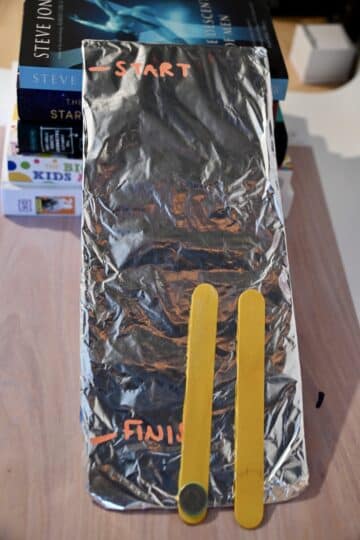

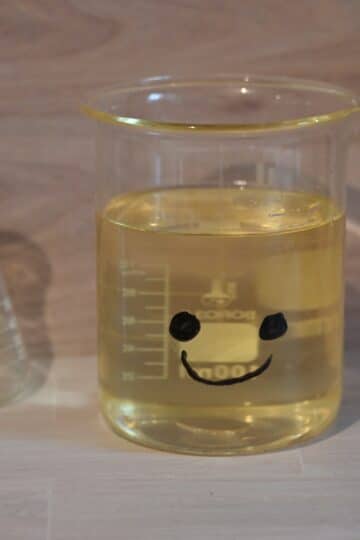
Leave a Reply